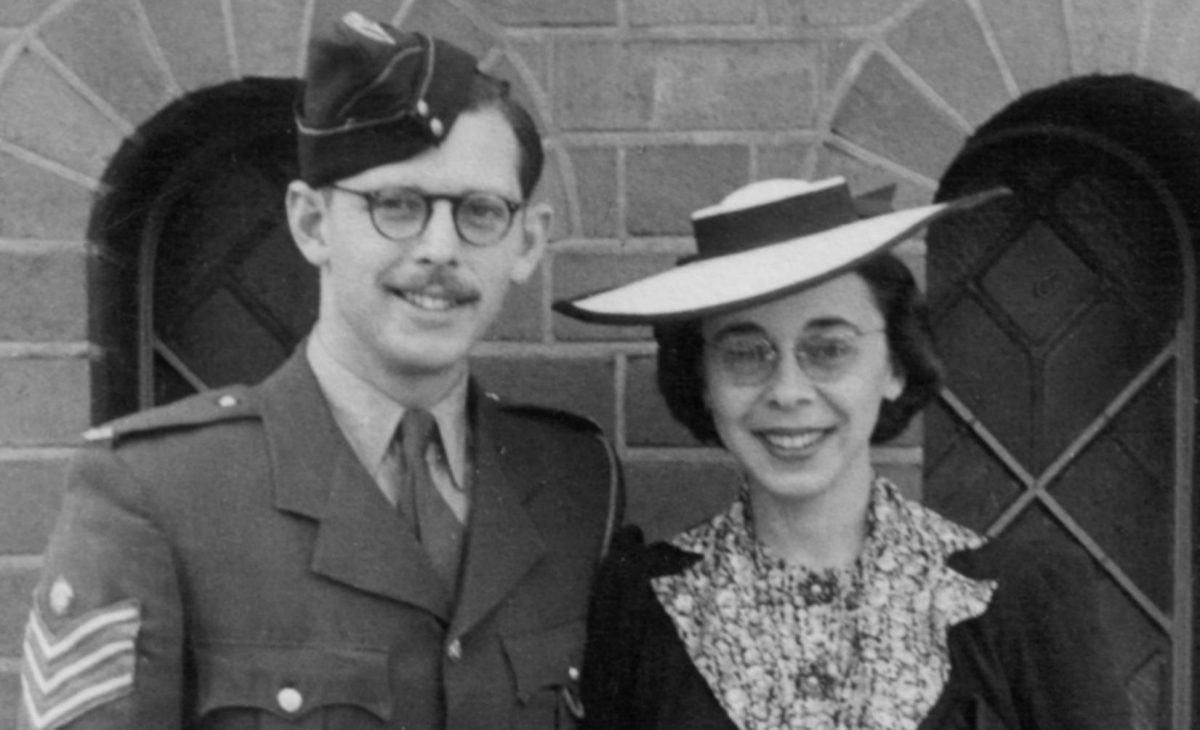
Jewish News

The Sephardi truth about Ashkenazi origins
Think you’re a pure blood Ashkenazi of Litvak origin? You may have to think again. Surprising though it sounds, a good portion of South Africa’s Ashkenazi community are in fact descendants of Sephardi stock, their blood a blend of kreplach and kubbeh.
“A percentage of Ashkenazim who believe that they are 100% Ashkenazi actually have Sephardi roots,” says Lucia Goy Mastromiechele. “People who think that their family is entirely Russian or Polish may find that their family is originally from Spain or Egypt.
“Just because your family comes from Poland doesn’t mean that they were necessarily Polish to begin with.”
A managing partner at the Spanish international legal firm Goy Gentile, Mastromiechele has a keen interest in immigration law, devoting much of her time to helping people from around the world secure passports to which they are entitled. Having dealt extensively with Jewish clients, she has learned much about the actual family origins of numerous Jewish families and helped trace family trees back across numerous generations.
“We’re talking about more than 2 000 years of migration, a movement of communities across continents taking place very often,” says Mastromiechele. “The communities not only interact with each other, but they marry into one another, settle together, and create new lines of blood in their family trees.”
She says that if one were to trace a family name back far enough, it’s not entirely unlikely that an evidently Ashkenazi sounding surname may once have been something particularly Sephardi sounding.
“It’s possible that a surname varied over time,” says Mastromiechele. “Because Jews were often on the move, they may have adopted or changed a surname to reflect their movement. Jews often settled in places where they could practice their profession or find work, bringing about a mix of Ashkenazim and Sephardim from different locations in one place.”
Changes to a family name could be caused not only through marriage, but also for ease of pronunciation in a new country. Some families were forced to adopt new names at the instruction of non-Jewish rulers, while others voluntarily adopted less Jewish sounding names in order to fit in. Depending on local customs, some families may not even have had a surname to begin with, later adopting one in order to become part of society in their new home.
“Names could evolve over time,” says Mastromiechele. “One surname could have one pronunciation in a certain place, and be said differently somewhere else. Remember that people could also be illiterate, meaning they didn’t have a standard spelling for their surname, pronounced it a certain way, but changed it when it was written down.
“Jewish people tended to change their names quite a lot, no matter where they came from.”
Sephardim and Ashkenazim were often brought into the mix together, creating bloodlines that blended various countries and extractions. Although their migration could often be voluntary, historical events such as the expulsion from Spain in 1492, the subsequent Portuguese expulsion, and similar events on the continent also caused considerable shifts amongst Jewish communities. This would in turn affect their family names.
“When Jews were expelled from Spain, many of them had professions that were beneficial to the Spanish crown,” says Mastromiechele. “A plague hit Spain after the expulsion, and the rulers asked Jews who were doctors to come back. They refused, and many of them actually changed their names as a sign of protest to show that they were never going back, adding ‘no’ onto their surnames.”
Similar examples abound across the world, bringing together Ashkenazi and Sephardi bloodlines. A prominent Sephardic group from North Africa with the surname of Sarfati claims descent from the Ashkenazi sage, Rabbi Shlomo Yitzhaki, (better known as Rashi) who was born in Troyes, France. This is because when Jews were expelled from France in the 13th century, many of his descendants relocated to Spain and North Africa where they soon became Sephardicised, taking on exclusively Sephardic customs.
Although she isn’t Jewish herself, Mastromiechele finds the history and heritage of Jewish people fascinating.
“I work closely with our three in-house historians at the firm, all of whom are Jewish themselves,” she says. “The history we uncover when researching people’s ancestry is incredible.
“Jewish people have travelled around the globe for centuries, continuing their way of life in spite of the shifts in their lives and the changes they had to live with. Their backgrounds are often rich and diverse. Helping people to discover their real origins is always incredible.”
Although Mastromiechele believes that the percentage of South African Ashkenazi Jews with Sephardi blood is relatively small, it certainly remains a possibility. As part of her work, she offers clients a service which traces their ancestry and helps them to determine whether they have a case for Sephardi ancestry or not.
“It depends on the size of the family,” she says. “For every 10 family trees I review, at least two will have some Sephardi sounding surnames. However, seeing is not always believing in many of these cases. We often need to find further, concrete proof of family origin and surname. A Sephardi sounding surname doesn’t always mean you have a solid case.”
A family tree going back at least four generations is necessary to begin a preliminary investigation. Based on this, the team of in-house historians can undertake a basic study at no cost, determining the likelihood of Sephardi roots and a client’s chance of success. It is then up to the client to decide whether they wish to apply formally to claim Sephardic ancestry and the potentially accompanying passport.
“We won’t charge if your case isn’t approved,” says Mastromiechele. “This is a historic right people need to know about, and we want to make sure they don’t lose the opportunity to claim passports to which they are entitled.
“If you aren’t successful, at least you have the chance to know what your family’s origins actually are, whether you are Ashkenazi, Sephardi, or both.”










